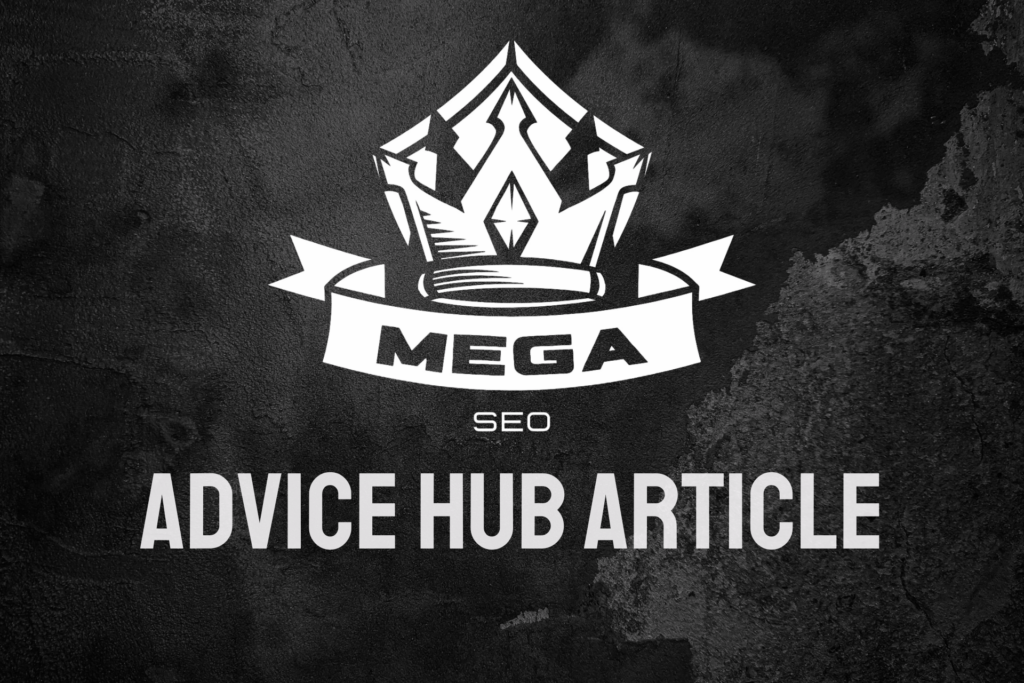Small businesses in the UK face unique challenges when it comes to establishing a strong online presence.
With limited resources and fierce competition, it’s crucial to implement effective SEO strategies that deliver tangible results.
This comprehensive guide explores the best SEO practices tailored specifically for small businesses, helping you navigate the complex world of search engine optimisation and achieve sustainable growth.
Why Should Small Businesses Prioritise SEO?
Search engine optimisation (SEO) is not just a buzzword; it’s a fundamental aspect of digital marketing that can significantly impact a small business’s success. By implementing SEO best practices, small businesses can:
1. Increase visibility in search engine results pages (SERPs)
2. Drive targeted organic traffic to their website
3. Improve brand awareness and credibility
4. Compete effectively with larger competitors
5. Generate leads and conversions cost-effectively
Let’s delve into the key SEO practices that small businesses should focus on to achieve these benefits.
How Can Small Businesses Optimise Their Website Structure?
A well-structured website is the foundation of effective SEO. Small businesses should prioritise the following aspects:
Clear and Intuitive Navigation
Ensure your website has a logical hierarchy and easy-to-use navigation menu. This helps both users and search engines understand the structure of your site. Organise your content into relevant categories and subcategories, making it simple for visitors to find what they’re looking for.
Mobile-Friendly Design
With mobile devices accounting for a significant portion of web traffic, having a responsive website is non-negotiable. Implement a mobile-first design approach to ensure your site looks and functions well on all devices. Google’s mobile-first indexing means that the mobile version of your site is now the primary version considered for ranking purposes.
Fast Loading Speed
Page speed is a critical ranking factor and directly impacts user experience. Optimise your website’s loading speed by:
- Compressing images and using appropriate file formats
- Minifying CSS, JavaScript, and HTML
- Leveraging browser caching
- Using a content delivery network (CDN)
Regularly test your site’s speed using tools like Google PageSpeed Insights and make necessary improvements.
What On-Page SEO Techniques Should Small Businesses Implement?
On-page SEO refers to optimising individual web pages to rank higher and earn more relevant traffic. Here are some essential on-page SEO practices for small businesses:
Keyword Research and Optimisation
Conduct thorough keyword research to identify relevant terms and phrases your target audience is searching for. Focus on long-tail keywords that have lower competition but higher intent. Incorporate these keywords naturally into your content, including:
- Page titles and meta descriptions
- Headings and subheadings (H1, H2, H3, etc.)
- Body content
- Image alt text
- URL structures
Remember to avoid keyword stuffing, as this can lead to penalties from search engines.
High-Quality, Relevant Content
Create informative, engaging content that addresses your audience’s needs and questions. Develop a content strategy that includes:
- In-depth blog posts and articles
- Product or service pages with detailed descriptions
- Case studies and customer testimonials
- How-to guides and tutorials
Regularly update your content to keep it fresh and relevant. This signals to search engines that your site is active and provides value to users.
Internal Linking
Implement a strategic internal linking structure to help search engines understand the relationship between different pages on your site. This also helps distribute link equity throughout your website. When creating content, look for opportunities to link to relevant internal pages using descriptive anchor text.
How Can Small Businesses Build a Strong Backlink Profile?
Off-page SEO, particularly link building, plays a crucial role in improving your website’s authority and rankings. Here are some effective link building strategies for small businesses:
Local Citations and Directories
Ensure your business is listed in relevant local directories and citation sites. This not only helps with local SEO but also provides valuable backlinks. Consistency in your name, address, and phone number (NAP) across all listings is crucial.
Content Marketing and Guest Posting
Create high-quality, shareable content that naturally attracts backlinks. Reach out to industry-relevant blogs and websites to contribute guest posts, which can include links back to your site. Focus on building relationships with other businesses and influencers in your niche.
Broken Link Building
Identify broken links on other websites in your industry and reach out to the site owners, offering your relevant content as a replacement. This technique can help you gain valuable backlinks while providing value to other websites.
Social Media Engagement
While social media signals aren’t direct ranking factors, an active social media presence can indirectly benefit your SEO efforts. Share your content on social platforms to increase visibility and potentially attract backlinks from other users.
What Technical SEO Aspects Should Small Businesses Focus On?
Technical SEO ensures that search engines can crawl, index, and understand your website effectively. Small businesses should pay attention to these technical aspects:
XML Sitemap
Create and submit an XML sitemap to search engines. This helps them discover and index your pages more efficiently. Ensure your sitemap is updated regularly as you add or remove pages from your site.
Robots.txt File
Properly configure your robots.txt file to guide search engine crawlers on which parts of your site to crawl and which to ignore. This can help optimise your crawl budget and prevent indexing of unnecessary pages.
Schema Markup
Implement schema markup to provide search engines with additional context about your content. This can lead to rich snippets in search results, improving click-through rates. Common schema types for small businesses include:
- Local Business
- Product
- Review
- FAQ
SSL Certificate
Ensure your website has a valid SSL certificate (HTTPS). This not only improves security but is also a ranking factor considered by search engines.
How Important is Local SEO for Small Businesses?
For small businesses targeting local customers, local SEO is paramount. Here are some key local SEO practices to implement:
Google My Business Optimisation
Claim and optimise your Google My Business (GMB) listing. Provide accurate and complete information, including:
- Business name, address, and phone number
- Business hours
- High-quality photos
- Relevant business categories
- Regular posts and updates
Encourage satisfied customers to leave reviews on your GMB listing, as positive reviews can significantly impact your local search visibility.
Local Keywords
Incorporate location-specific keywords into your website content and meta tags. For example, if you’re a bakery in Manchester, use phrases like “best bakery in Manchester” or “artisan bread Manchester” throughout your site.
NAP Consistency
Ensure your business’s name, address, and phone number (NAP) are consistent across all online platforms, including your website, social media profiles, and business directories.
Elevate Your Small Business with Expert SEO Support
Implementing these best SEO practices can significantly boost your small business’s online visibility and drive sustainable growth. However, SEO is an ongoing process that requires continuous effort and adaptation to changing algorithms and market conditions.
If you’re looking for professional assistance in developing and executing a tailored SEO strategy for your small business, Mega SEO is here to help. The gang at our experienced SEO agency in Wigan and the rest of the UK can provide the expertise and support you need to achieve your online goals.
Don’t let your small business get lost in the digital noise. Partner with Mega SEO and unlock your full online potential today!




